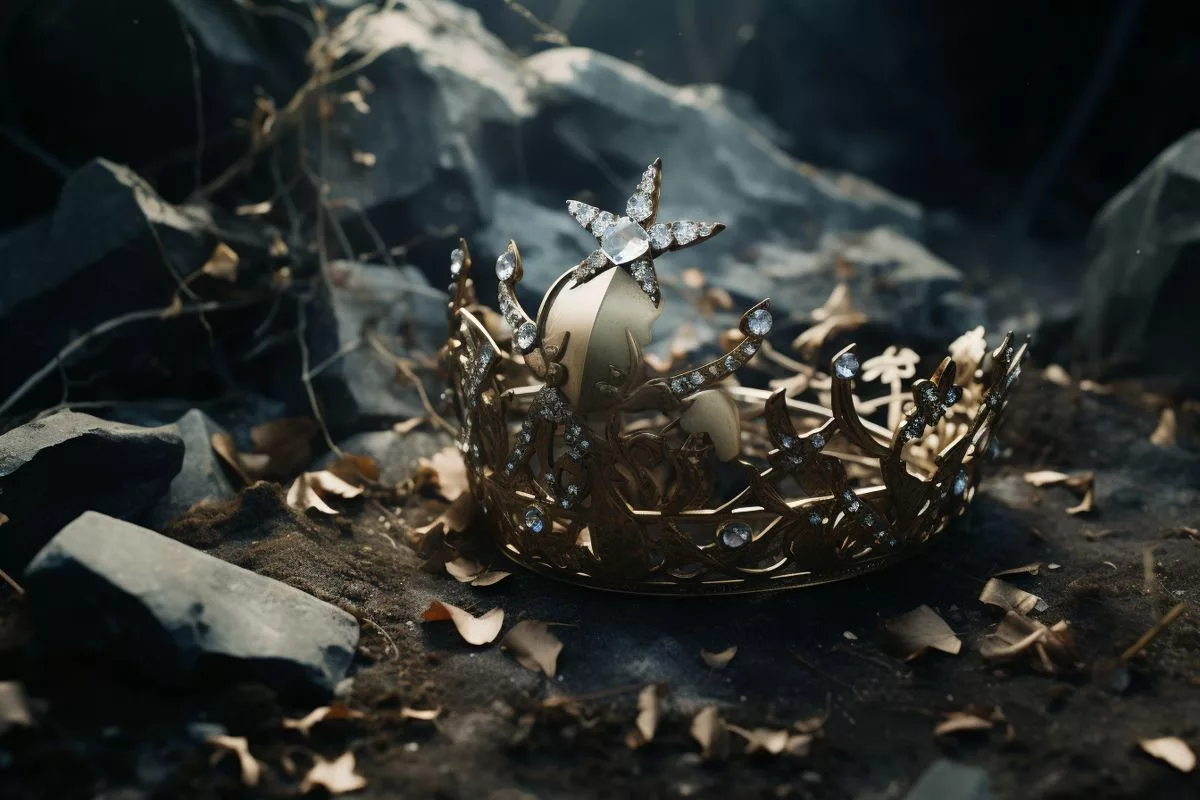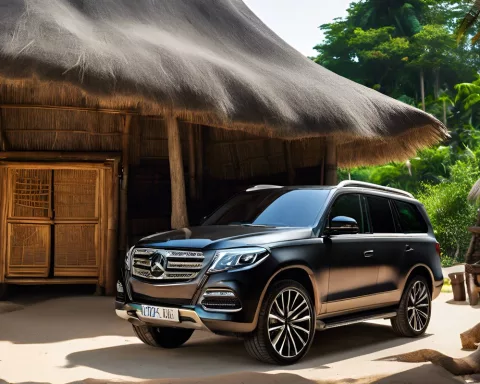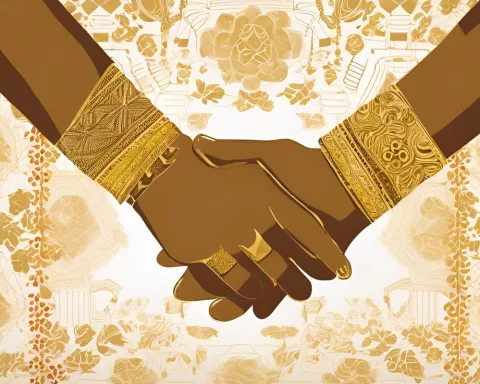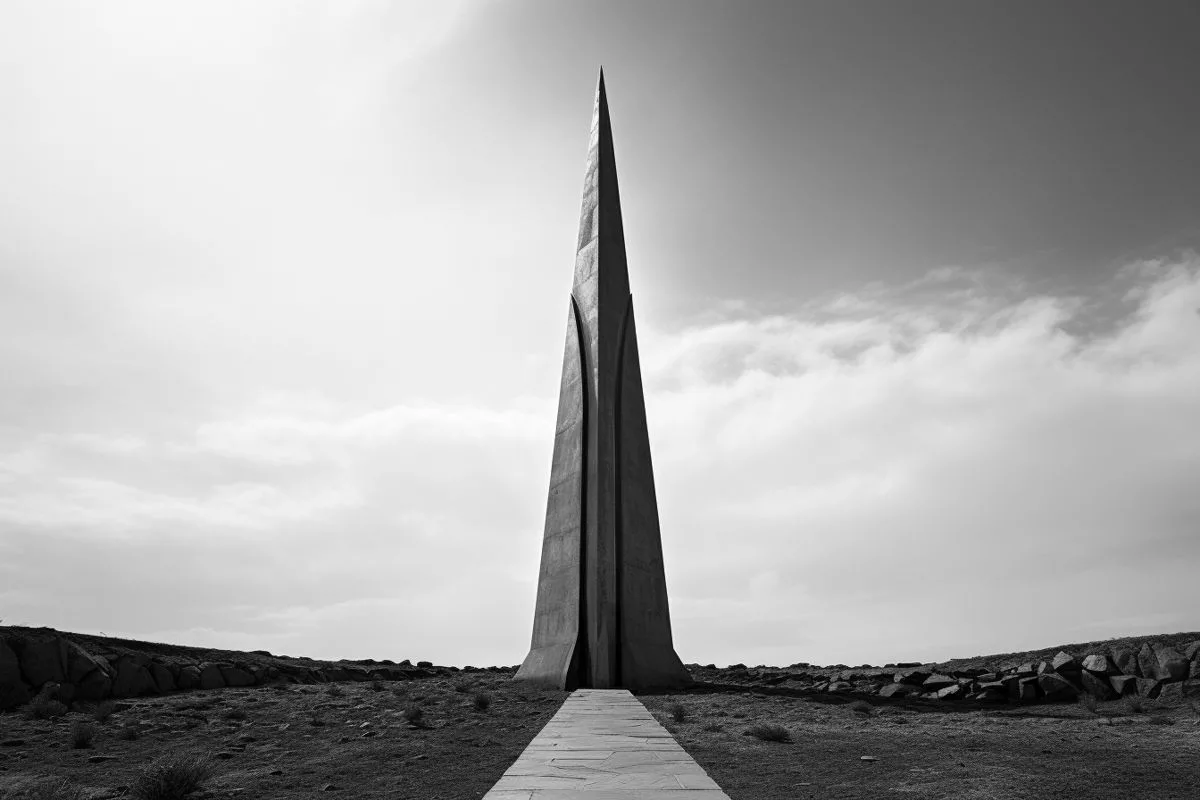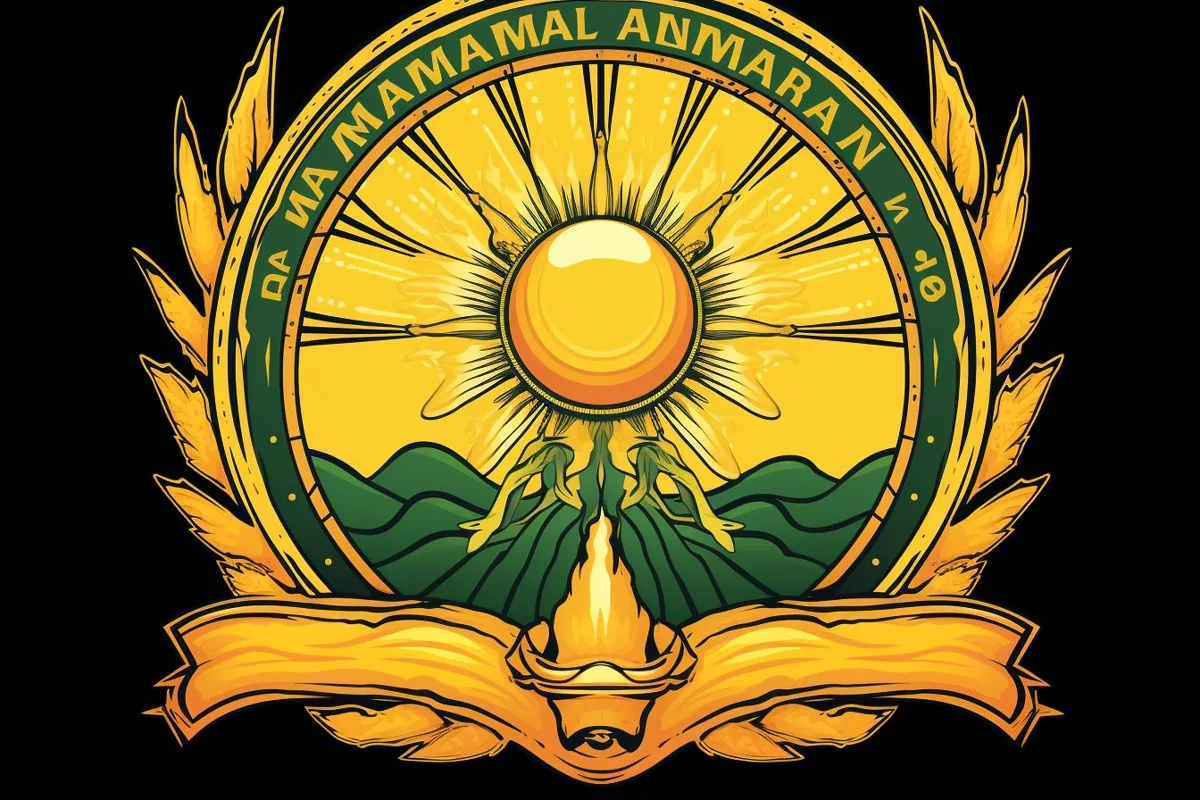The Thembu monarchy, based in South Africa’s Eastern Cape, is facing unsettling news as King Buyelekhaya Dalindyebo’s marital discord with Queen Khazeka Dalindyebo has caused concern. The queen has reportedly sought refuge from the king, and a troubling tweet alleging abuse has raised questions about the royal household’s stability. This incident adds to the ongoing conversation about traditional leadership’s role in modern-day South Africa. People are eagerly waiting for updates and a satisfactory resolution that respects the country’s values of dignity and respect for all.
Background
The Thembu monarchy, located in South Africa’s Eastern Cape, has been plunged into disconcerting news recently. King Buyelekhaya Dalindyebo, a prominent figure in the lineage, is caught up in a marital conflict with his newly-wedded wife, Queen Khazeka Dalindyebo.
The separation of the royal couple, which occurred only months after their wedding, has sparked concern amongst the populace. The queen has reportedly sought refuge from the king, raising alarm bells. To make matters worse, a series of troubling tweets has been posted, with one standing out: “HE ABUSES ME.” This has cast a shadow of doubt over the Bumbane Great Place, the royal household.
This isn’t the first time that King Buyelekhaya Dalindyebo has been in the center of controversy. He was previously convicted and imprisoned for kidnapping and other serious charges in 2009. His actions have sparked heated debates about the accountability of rulers, particularly as South Africa struggles to integrate traditional power into its democratic structure.
Traditional Leadership and Governance
The Thembu monarchy, previously led by the globally-renowned figure Nelson Mandela, is highly respected for its cultural significance. However, it has no impact on South Africa’s governance. The nation’s Traditional Leadership and Governance Framework Act acknowledges the cultural importance of such institutions but does not give them any legislative power.
The recent accusations have sparked discussions about traditional royal families’ inner workings and how they align with modern societal norms. The turmoil currently plaguing the Thembu monarchy underscores the delicate balance between preserving cultural heritage and upholding justice and human rights.
The Way Forward
As the public eagerly awaits further updates, all eyes are on the sanctity of the royal household and the welfare of its residents. The repercussions of these allegations are slowly unfolding, and the South African community is watching with both concern and anticipation for a satisfactory resolution that respects the country’s values of dignity and respect for all, regardless of their social status.
On a broader scale, this incident adds another layer to the ongoing conversation about the role of traditional leadership in present-day South Africa. Stay tuned for more updates on this complex tapestry of culture, traditional authority, and personal relationships, as the story continues to unfold.
What is the Thembu monarchy?
The Thembu monarchy is a traditional royal family based in South Africa’s Eastern Cape. It has no impact on South Africa’s governance, but it is highly respected for its cultural significance.
What is happening with King Buyelekhaya Dalindyebo and Queen Khazeka Dalindyebo?
King Buyelekhaya Dalindyebo is caught up in a marital conflict with his newly-wedded wife, Queen Khazeka Dalindyebo. The queen has reportedly sought refuge from the king, and a series of troubling tweets, including one alleging abuse, has been posted.
What is the controversy surrounding King Buyelekhaya Dalindyebo?
King Buyelekhaya Dalindyebo was previously convicted and imprisoned for kidnapping and other serious charges in 2009. His actions have sparked heated debates about the accountability of rulers, particularly as South Africa struggles to integrate traditional power into its democratic structure.
What is the Traditional Leadership and Governance Framework Act?
The Traditional Leadership and Governance Framework Act acknowledges the cultural importance of traditional royal families but does not give them any legislative power. It has sparked discussions about how traditional leadership aligns with modern societal norms.
What is the way forward?
As the public awaits updates, all eyes are on the sanctity of the royal household and the welfare of its residents. The South African community is watching with concern and anticipation for a satisfactory resolution that respects the country’s values of dignity and respect for all. This incident adds another layer to the ongoing conversation about the role of traditional leadership in present-day South Africa.

